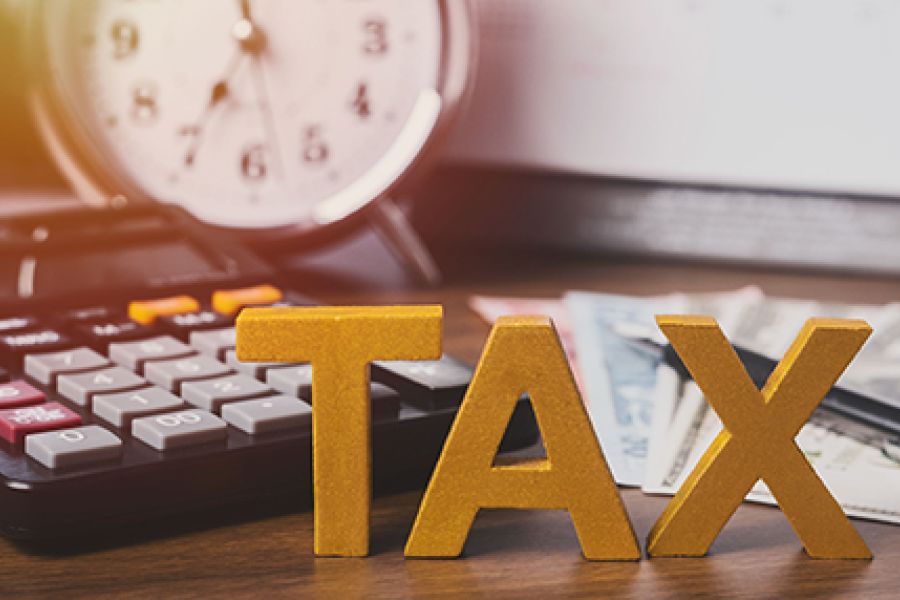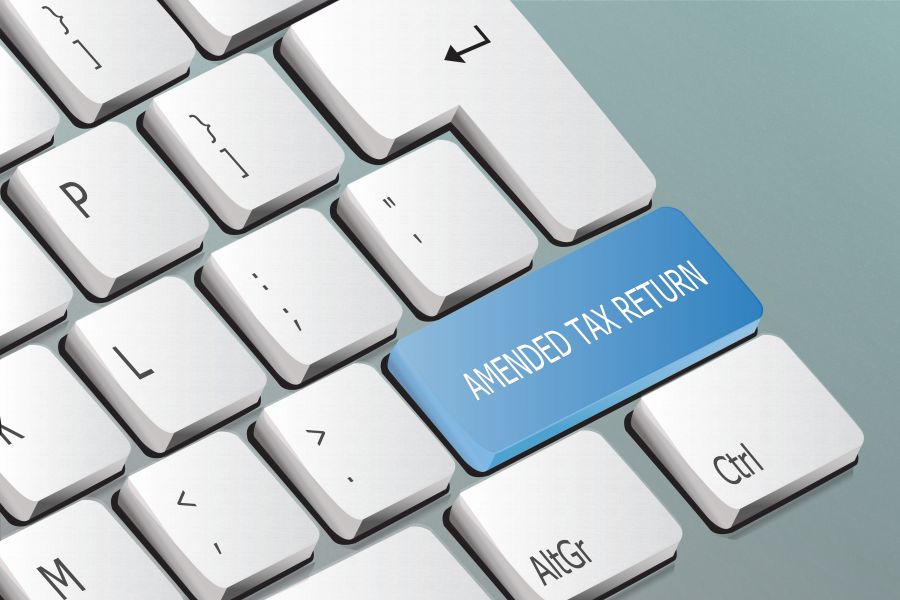The tax filing deadline for 2021 has passed. Now that your tax return has been successfully filed with the IRS, there may still be some issues to bear in mind. Here are three considerations: 1. You can throw some tax records away now You should hang onto tax records related to your return for as long as the IRS can audit your return or assess additional taxes. The statute of limitations is generally three years after you file your return (four years for California). So you can generally get rid of most records related to tax returns for 2018 and earlier years. (If you filed an extension for your 2018 return, hold on to your records until at least three years from when you filed the extended...




